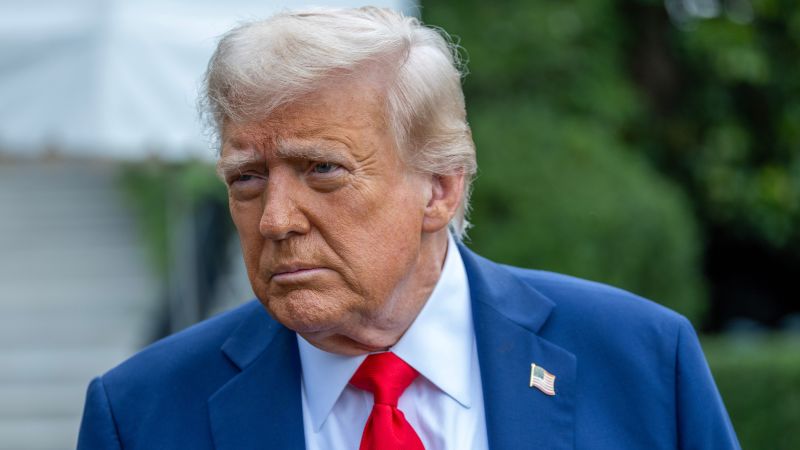
President Donald Trump is poised to sign an executive order designating the anti-fascist movement known as Antifa as a domestic terrorist organization. This announcement could come as early as March 4, 2024, according to White House Press Secretary Karoline Leavitt. The move marks a significant step in Trump’s promised crackdown on left-leaning political groups.
During a press briefing, Leavitt stated, “Antifa is going to be designated a domestic terrorist organization.” She further indicated that the executive order could be signed as soon as that day. Trump had previously announced his intention to label Antifa as a terrorist organization following the assassination of conservative activist Charlie Kirk, framing it as part of a broader strategy against left-wing extremism.
The practical implications of such a designation remain unclear. Antifa lacks a centralized structure or defined leadership, making it challenging to target specific individuals or funding sources. Legal analysts have noted that any attempt to classify Antifa as a terrorist organization may encounter constitutional hurdles, as similar efforts during Trump’s first term did not materialize.
Leavitt criticized elected Democrats, claiming they have been co-opted by a radical faction of the left. “We must continue to call this wickedness out. It’s the only way that our nation can heal,” she asserted. Her comments followed the actions of some Democratic lawmakers who voted against a resolution honoring Kirk, which she cited in her remarks.
The term Antifa, short for anti-fascist, encompasses a diverse range of individuals with left-leaning political views that often fall outside of the mainstream Democratic Party. Unlike organized far-right groups such as the Proud Boys, Antifa does not have a hierarchical structure, complicating the government’s potential actions against it.
Despite this lack of organization, Leavitt highlighted incidents of violence she attributed to Antifa. She referenced bullets recovered during the investigation into Kirk’s murder that were inscribed with anti-fascist slogans. “We will be most importantly looking at who is funding Antifa and who is funding these other violent left-wing groups,” she said.
Trump has previously expressed his intention to designate Antifa as a terrorist group, but this latest announcement has intensified concerns about his administration’s approach to dissenting political movements. Critics argue that the designation could serve as a means to suppress legitimate protest and dissent.
The roots of the term “antifa” trace back to movements opposing fascism during World War II and resisting white supremacist groups in Europe during the Cold War. This historical context raises questions about the implications of labeling Antifa as a terrorist organization in contemporary politics.
Trump’s announcement has also sparked discussions about the limits of presidential authority in addressing domestic dissent. In recent statements, Trump suggested that members of activist groups like Code Pink should face legal repercussions for protesting against him.
As the situation unfolds, the potential impact of an executive order designating Antifa a terrorist organization remains to be seen, with implications for both the political landscape and civil liberties in the United States.






